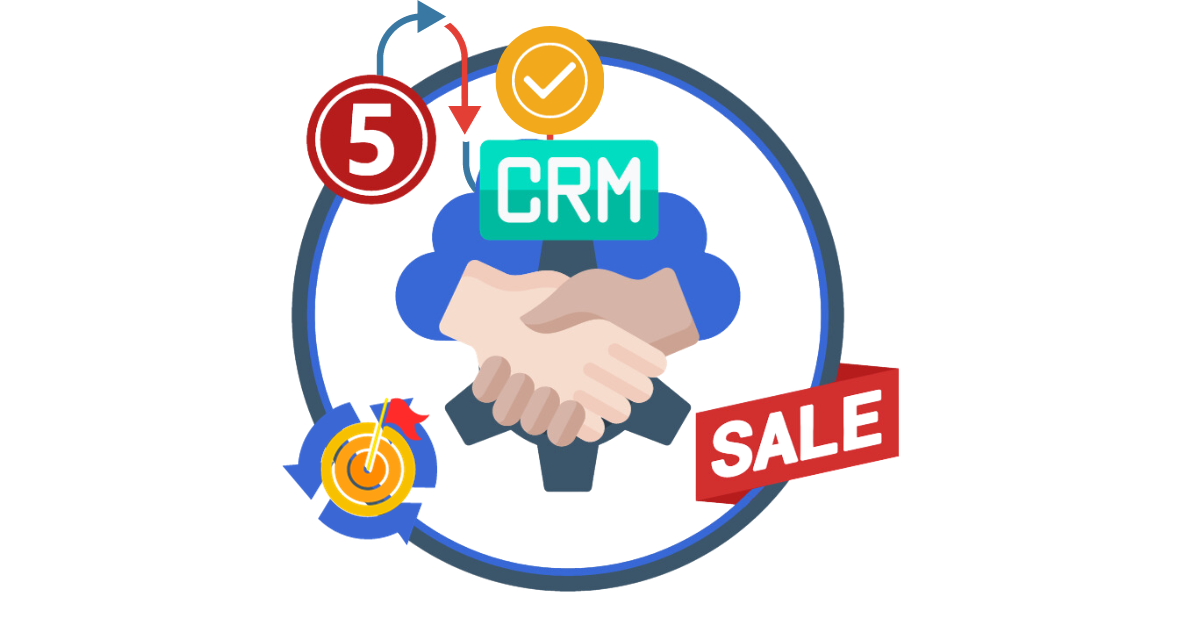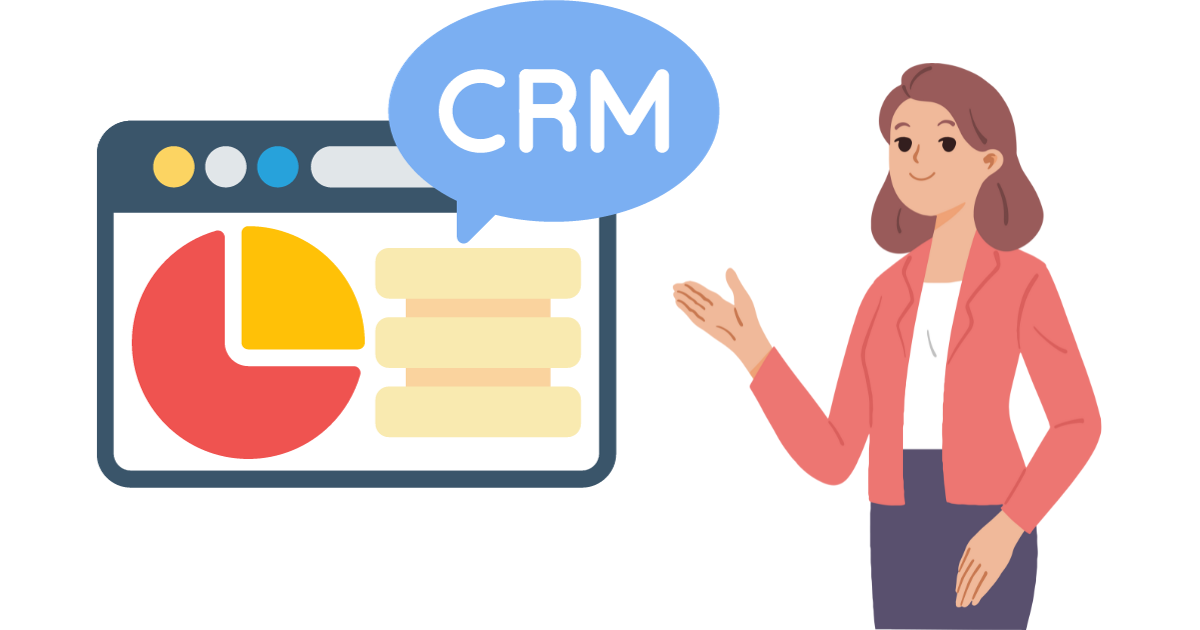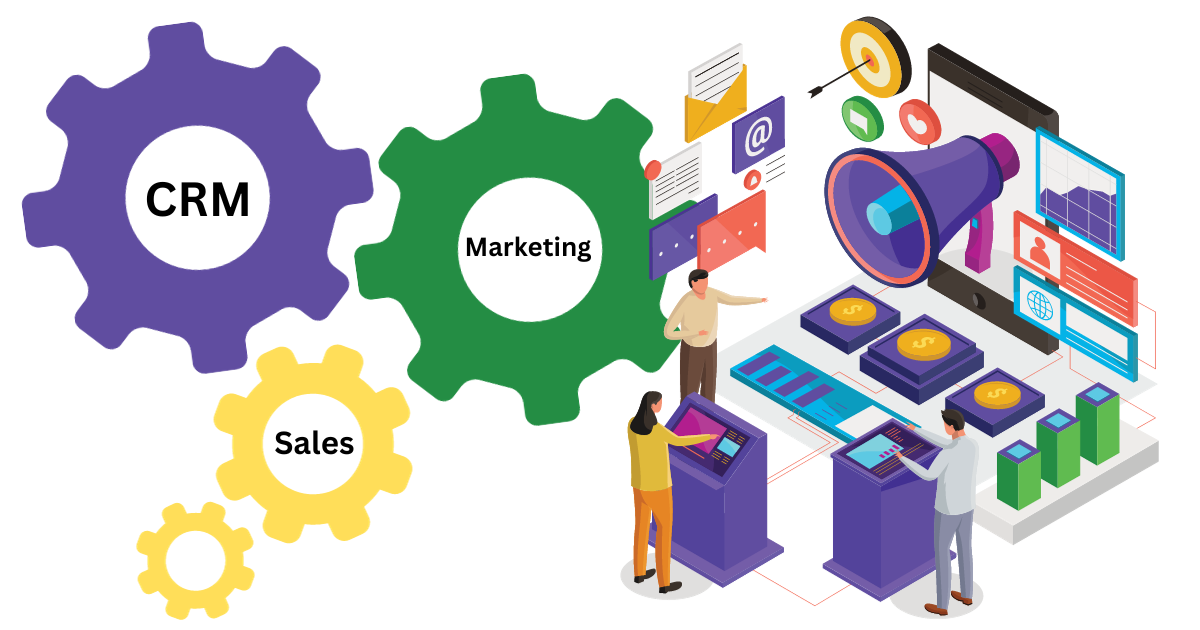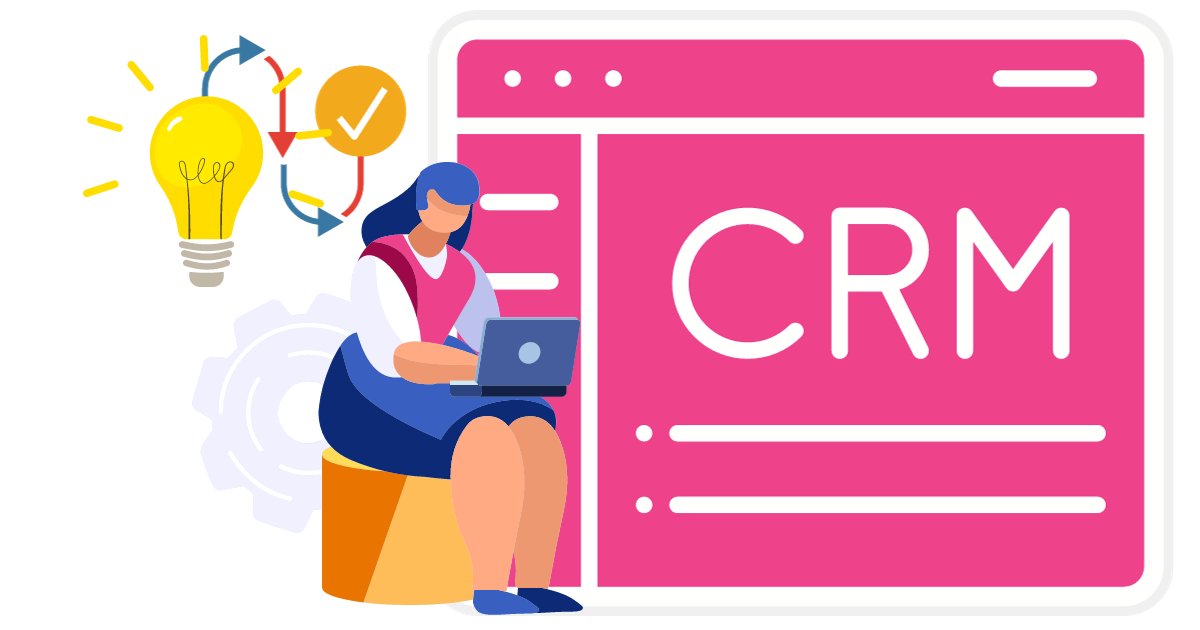Attracting potential clients and turning those leads into sales are both essential components of a successful business strategy. Customer Relationship Management (CRM) software is essential to the lead conversion process, which is a critical component in the sales and marketing industry. The importance of turning leads into sales will be discussed in this article, along with the particular CRM software capabilities that will assist you in achieving this objective.
Understanding and utilizing these CRM capabilities can significantly improve your sales performance, regardless of the size of your business small startups or well-established corporations alike. Managing leads, interactions, and client data more efficiently is the main goal of CRM software. Businesses may efficiently track, evaluate, and nurture leads using it as a central point. CRM software enables sales and marketing teams to transform prospective customers into devoted customers by integrating a variety of tools and functionalities.
Definition of CRM
CRM, short for customer relationship management, is a general term for a methodical approach to managing contacts and connections with current and future clients. CRM is fundamentally the application of technology, tactics, and procedures for the analysis and optimization of customer contacts across the course of the customer’s lifetime. This includes all points of contact, from initial awareness and lead development to after-sale assistance and continued customer loyalty. Customer data, which can include contact details, purchase and communication histories, and more, can be gathered, arranged, and accessed centrally with the use of CRM systems. This abundance of data enables companies to customize consumer interactions, comprehend their demands, and offer unique experiences.
The Development of CRM Applications
Since its founding, CRM has advanced significantly. Early CRM mainly used spreadsheets and manual processes, which frequently resulted in inefficiencies and a lack of scalability. But as technology has advanced, CRM software has become a sophisticated, approachable tool available to companies of all kinds. Because it is cloud-based, modern CRM software is easier and less expensive for businesses to adopt. These systems can be customized to meet the demands of particular industries and businesses. They come with a plethora of capabilities, ranging from lead management to analytics.
CRM’s Role in Sales and Marketing
CRM software changes the game in the context of sales and marketing. It gives companies the ability to better track the sales funnel, manage and nurture leads, and increase customer engagement. The ultimate objectives are to raise revenue, improve client satisfaction, and forge enduring bonds with customers. CRM helps with every step of the customer journey, from the first point of contact to post-purchase assistance. It assists companies in coordinating their sales and marketing initiatives, guaranteeing a smooth and organized process for turning leads into paying clients. CRM’s analytical features offer insightful information as well, facilitating data-driven decision-making to target the best prospects and optimize sales strategies.
5 CRM features to boost your sales
Feature 1: Lead Tracking and Management
Lead tracking and management is a core CRM tool that has a big impact on lead conversion. With the help of this tool, organizations can keep a close eye on the lead journey from the point of contact to conversion and beyond. Sales teams can quickly access and update lead details, classify leads according to where they are in the sales funnel, and schedule follow-up reminders by centralizing lead information.
Effective lead management and tracking make sure that no leads slip through the cracks, enabling prompt and tailored follow-ups—which are essential for establishing credibility and, eventually, turning leads into happy clients. This feature offers a methodical and structured approach to lead nurturing and sales pipeline management, which forms the basis for efficient lead conversion.
Feature 2: Lead Scoring and Prioritization
One essential CRM element that improves lead conversion efficiency is lead scoring and prioritization. Businesses can use this functionality to give leads numerical values depending on their involvement, behavior, and demographic data. Sales teams can save time and resources by using this grading system to find and concentrate their efforts on the most promising prospects that have the highest likelihood of converting.
Businesses can customize their approach and provide more personalized and focused interactions with leads with higher ratings by prioritizing leads. Lead scoring increases the likelihood of closing agreements with leads who are truly interested in a sales team’s goods or services by ensuring that the team’s limited resources are used efficiently. When used properly, this feature considerably increases lead conversion rates and simplifies the sales process.
Feature 3: Sales Automation
CRM software’s essential feature, sales automation, enables companies to optimize and streamline their sales operations. This function lessens the workload associated with labor-intensive manual operations, including data input, lead nurturing, and follow-up emails. Sales teams can concentrate on developing connections and closing deals, which is where their true talent shines, by automating these tedious tasks.
Automation does not imply a one-size-fits-all strategy; CRM solutions provide customized and focused automated communication according to the preferences and behavior of leads. This increases conversion chances by improving efficiency and guaranteeing that leads receive pertinent and timely interactions. Businesses can offer a smooth and consistent customer experience with sales automation, all while freeing up critical time and resources to devote to more focused sales initiatives.
Feature 4: Contact Management and Segmentation
Within CRM systems, efficient contact management and segmentation are essential for successful lead conversion. Businesses may keep an updated and well-organized contact database with this function. It involves more than just keeping contact details; it also entails grouping leads and contacts according to distinct parameters, like demographics, behavior, hobbies, and past purchases.
Businesses can customize their marketing and sales strategies to each group’s specific requirements and preferences by dividing their workforce into these categories. This degree of customization raises conversion rates by guaranteeing that leads and consumers receive offers and messages that are pertinent to them, in addition to improving engagement. Businesses may use contact management and segmentation to deliver highly focused marketing and make data-driven decisions. This is a great method for turning leads into devoted consumers.
Feature 5: Performance Analytics and Reporting
Knowledge truly is power when it comes to lead conversion, and CRM software’s Performance Analytics and Reporting feature gives firms access to priceless insights. With the help of this function, businesses may monitor and assess the success of their marketing and sales initiatives. Sales teams can determine what’s working and what needs improvement by analyzing key indicators like conversion rates, lead sources, and sales cycle time.
Through data analysis, firms may make well-informed decisions regarding their lead conversion endeavors, thereby improving their strategies and optimizing resource allocation. Additionally, visual data representations provided by reporting capabilities in CRM systems facilitate understanding and internal communication of findings. Businesses may adapt and thrive in a dynamic market by using performance analytics and reporting as their compass, which points them in the direction of better lead conversion methods.
Case Studies: Real-Life Examples of Successful Lead Conversion
Let’s examine a few fascinating case studies from various industries to get a better understanding of the true influence of CRM on lead conversion. The story of “Company X,” a digital startup that used CRM to nurture leads and achieve remarkable sales growth, is told in Case 1. Case 2 presents “Small Business Y,” which increased its clientele and enhanced its profitability by leveraging CRM.
Lastly, Case 3 showcases “Non-profit Z,” showing how CRM can help non-profits as well by turning contributors into engaged supporters. These real-world examples highlight the various ways that CRM software is used in lead conversion, providing information and motivation to companies of all shapes and sizes. You can develop a greater understanding of the transformative potential of CRM in promoting sales success by analyzing these cases.
Choosing the Right CRM for Your Business and well-organize
Choosing the best CRM software is an important choice, and there are a number of things to take into account. This section will discuss the important factors to consider when choosing a CRM, such as the system’s flexibility and scalability, its ease of use, its ability to integrate with your current tools and the CRM provider’s degree of customer service.
We’ll also talk about how crucial it is to match the CRM to your particular industry requirements since many companies might need different functionalities. In addition, we’ll compare some of the most well-liked CRM programs on the market and discuss their advantages and disadvantages. You’ll know more about what to look for in a CRM system at the end of this part, so you can choose one that best suits your company and helps you convert leads.
Implementation Tips and Improving Engagement
- Training Your Sales Team: To guarantee that your sales crew is able to make full use of the CRM system, thorough training is essential. Ensure that your team knows how to use the CRM, comprehends its functionality, and can manage leads, contacts, and opportunities efficiently.
- Setting Up CRM Workflows: It is imperative to have clearly defined workflows in the CRM. Establish defined parameters for lead qualification, automate lead nurturing procedures, and provide precise instructions for the transfer of leads between the marketing and sales departments. The entire lead conversion process, from lead capture to transaction closure, may be streamlined with workflows.
- Regular Maintenance and Updates: Maintain the CRM by making sure that data quality is maintained, contact information is updated on a regular basis, and lead statuses are accurate. Information that is out of date or erroneous can make conversion more difficult. Additionally, to benefit from new features and security enhancements, keep your CRM software updated with the most recent releases and fixes.
- Customization for Your Business: Configure the CRM to meet the demands of your company. To reflect the precise metrics and KPIs that are essential for lead conversion in your industry, customize fields, reports, and dashboards. Making decisions is easier and with more relevant information when a CRM is well customized.
- User Feedback and Continuous Improvement: Invite your marketing and sales staff to provide input on the functionality and usability of the CRM. Think about their suggestions for improvements and adjustments. The CRM will continue to be an invaluable tool in your lead conversion campaigns if continuous improvement is maintained.
- Security and Data Protection: Make data security a top priority and make sure that private client information is sufficiently safeguarded. To protect the data of your leads and customers, teach your staff data protection best practices and put security safeguards in place within the CRM.
- Collaboration and Communication: Encourage cooperation between your marketing and sales departments. Encourage them to provide comments and insights within the CRM so that a cohesive strategy for lead conversion may be implemented. A smooth lead conversion process is largely dependent on effective communication.
Through adherence to these installation suggestions and best practices, you may optimize your CRM software’s ability to turn leads into sales. CRM is an effective instrument that, when used to its fullest, may propel your company’s expansion and success.
Conclusion
Converting leads into sales is a crucial objective for companies of all sizes in the dynamic world of sales and marketing. The adaptable features and tools of CRM software pave the way for accomplishing this objective. This article has examined the critical role that CRM plays in lead conversion and delves into five essential CRM features that have the power to convert prospects into devoted customers.
CRM provides a comprehensive system that may significantly increase sales success, from lead monitoring and management to performance statistics. The practical advantages of CRM are illustrated by real-world case studies, which cut across all industries and sectors. Through careful selection of the ideal CRM, application of best practices, and ongoing optimization of lead conversion methods, your company may fully utilize CRM and prosper in the dynamic business environment. Adopting CRM is not only advantageous in the current competitive landscape but also essential for long-term success and customer happiness.
[FAQ]
Which CRM features are essential for lead conversion
While the choice of CRM features may vary depending on your business needs, some essential features for lead conversion include lead scoring, contact management, sales automation, and analytics to track sales performance.
Can CRM automation features streamline the sales process?
Yes, CRM automation features help streamline the sales process by automating repetitive tasks such as lead nurturing, follow-ups, and data entry. This frees up your sales team to focus on building relationships and closing deals.
How can small businesses benefit from CRM features in lead conversion?
Small businesses can benefit from CRM features by streamlining their sales processes, improving customer engagement, and gaining a competitive edge. CRM features provide valuable insights that can help small businesses grow and convert more leads into sales.










